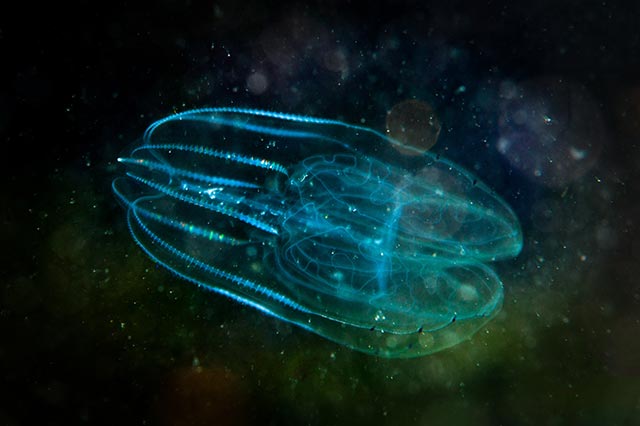Fluoride linked to IMPAIRED kidney and liver function in adolescents, warn researchers
09/11/2020 / By Cassie B.

A study that was recently published in the Environment International journal showed just how dangerous fluoride can be in adolescence.
The study looked at the relationship between the levels of fluoride in young people’s drinking water and blood and the health of their kidneys and livers. The adolescents studied were part of the National Health and Nutrition Examination survey.
The researchers discovered that exposure to fluoride can spur complex changes in the function of these organs in young people. Although fluoride has already been linked to liver and kidney toxicity in adults and animals, the study focused on how low-level, chronic exposure can affect young people’s bodies. There are significant differences in the way that children’s bodies excrete fluoride compared to adults.
They looked at the levels of fluoride measured in blood taken from 1,983 adolescents as well as the fluoride content in the tap water found in the homes of 1,742 adolescents. Even though the researchers characterized the tap water fluoride concentrations as being low in general, it was still enough to contribute to liver and kidney dysfunction.
Experts believe that the relationship between exposure to fluoride and indicators of liver and kidney damage is dose-dependent, which means that those who are exposed to more fluoride may incur greater damage. Some of the potential health effects identified by the researchers include thyroid dysfunction, liver damage, renal system damage, impaired protein metabolism and tooth and bone disease.
Most countries do not add fluoride to drinking water
It’s a very concerning finding when you consider the fact that nearly three fourths of public water systems in the United States regularly add fluoride to tap water on account of its purported benefits to dental health.
According to the Fluoride Action Network, around 185 million people worldwide drink artificially fluoridated water. Most developed countries do not add this chemical to their water, and those that have high natural levels of fluoride in their water take steps to remove it because of its dangers.
In addition to damaging children’s kidneys and livers, it also accumulates in the body in calcifying tissues such as the pineal gland and bones. It can also affect thyroid function.
There is some evidence that it could damage the brain, with animal experiments showing that fluoride can accumulate in the organ and change the mental behavior of animals in a way that is consistent with a neurotoxic agent. More than 100 different animal studies have shown that fluoride can harm the brain and affect behavior and learning. These effects were even seen at very low doses. Dozens of studies have also shown an association between exposure to fluoride and a reduced IQ.
Moreover, it may not even be accomplishing its aim. In the biggest study ever conducted in the United States into this matter involving more than 39,000 children, little difference was found in tooth decay between the children who drank fluoridated water and those who did not. Large surveys from Australia have found an even lower benefit. Moreover, tooth decay remains high even in low-income communities that have long had fluoridated water.
Meanwhile, in places where fluoridation was once used but has since been discontinued, such as Finland, Canada, Cuba and the former East Germany, dental decay has not gone up with the removal of the fluoride in drinking water supplies.
Perhaps most notably, there has never been a randomized, controlled trial illustrating the effectiveness or safety of fluoride even though it has been added to water supplies for more than 60 years. Given all these potential dangers for so little benefit, it makes no sense that fluoride continues to be added to American drinking water.
Sources for this article include:
Tagged Under: child health, clean water, deception, exposure, Fluoridated Water, Fluoride, kidneys, liver, oral health, research, teeth, toxins
RECENT NEWS & ARTICLES
Chemicals.News is a fact-based public education website published by Chemicals News Features, LLC.
All content copyright © 2018 by Chemicals News Features, LLC.
Contact Us with Tips or Corrections
All trademarks, registered trademarks and servicemarks mentioned on this site are the property of their respective owners.


















